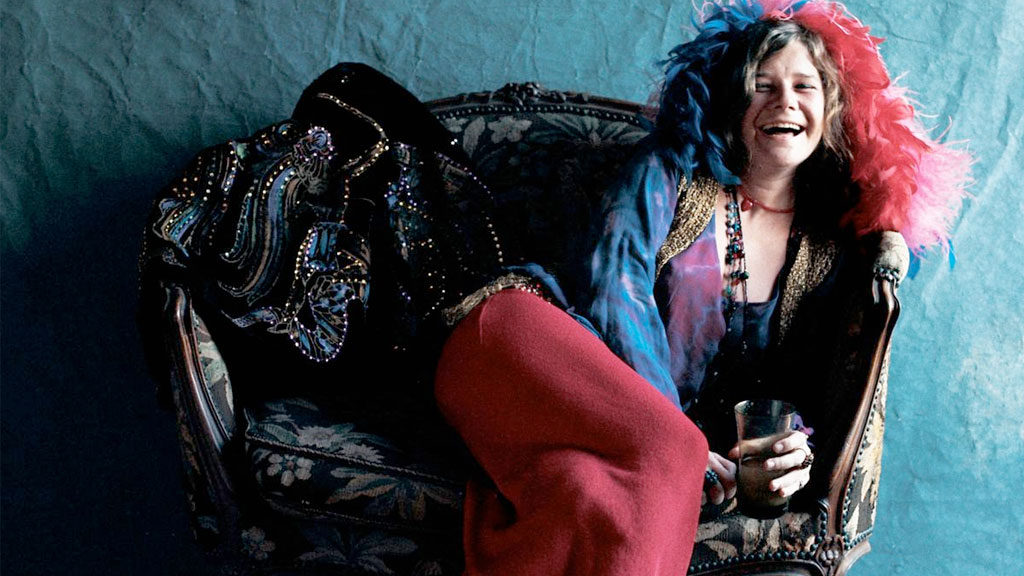
photo by JanisJoplin.com / Barry Feinstein

This article originally appeared on Next Avenue.
Forty-five years ago, Janis Joplin’s LP, Pearl, was the No. 1 album on the Billboard charts. This achievement was bittersweet for Joplin’s fans — the singer had died the previous October 4, 1970, when she was just 27. PBS’s American Masters — Janis: Little Girl Blue, premiering on Tuesday May 3, offers an in-depth look at Joplin’s life and legacy.
To tide you over till then, here are five facts about the final year of Joplin’s life and the posthumous success of Pearl:
Five Facts About Janis Joplin
1. In August 1970, just before entering the studio to record the songs that would appear on Pearl, Joplin attended her high school reunion in Port Arthur, Texas. A couple months earlier, she joked about how unpopular she was in high school on The Dick Cavett Show (starts at 4:50).
2. The album was named for Joplin’s alter ego, “Pearl,” a name she used to describe her hard-partying outspoken public persona. The real Joplin was often shy and insecure, and becoming the loud-mouthed, colorful Pearl helped her cope with the stress of fame.
3. Kris Kristofferson and Fred Foster wrote the album’s biggest hit, Me and Bobby McGee, in 1969, and multiple singers had already recorded it before Joplin, including Roger Miller, Gordon Lightfoot and Kenny Rogers. It would became Joplin’s best-known hit and her first and only No. 1 single. Bobby McGee was also only the second No. 1 single to be released posthumously — the first was Otis Redding’s (Sittin’ on) The Dock of the Bay.
4. Joplin recorded the songs that would appear on Pearl with her band, Full Tilt Boogie, in August and September 1970. The final track she recorded during those sessions was a version of Happy Trails, dedicated to John Lennon, who was celebrating his 30th birthday that October. Lennon did not receive the song in the mail until after Joplin’s death.
5. The last vocal Joplin recorded before her death was an a cappella version of a comic tune she’d written with her friends Michael McClure and Bob Neuwirth. Mercedes Benz is a prayer asking God for a car, a night on the town and a color TV (so she can watch Dialing for Dollars). Though the song was initially intended as a light-hearted critique of consumerism, the car manufacturer Mercedes-Benz began using it in commercials in the ’90s.
This article originally appeared on Next Avenue.
© Twin Cities Public Television - 2016. All rights reserved.
Read Next



